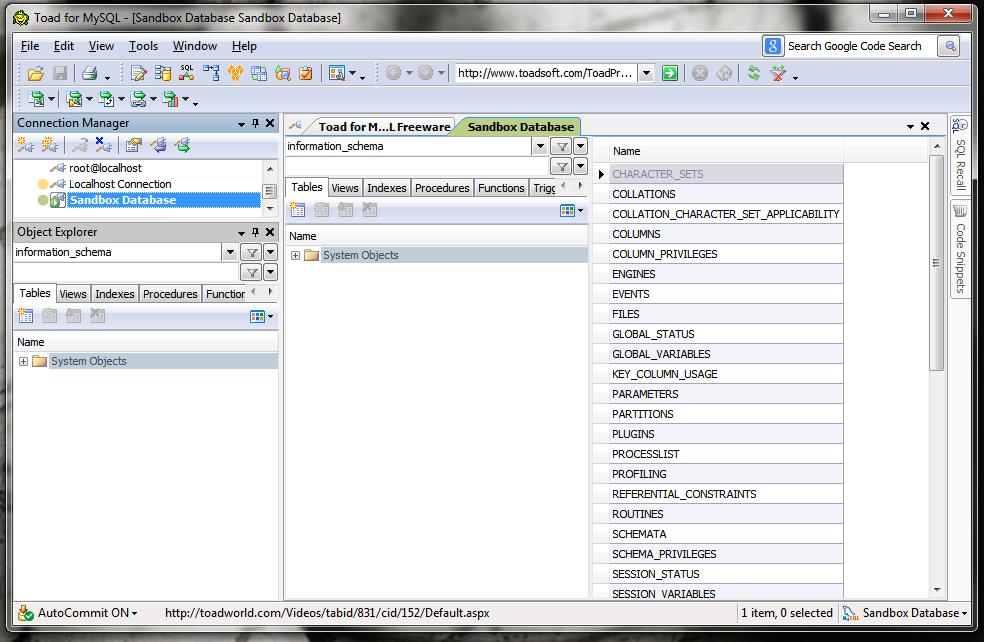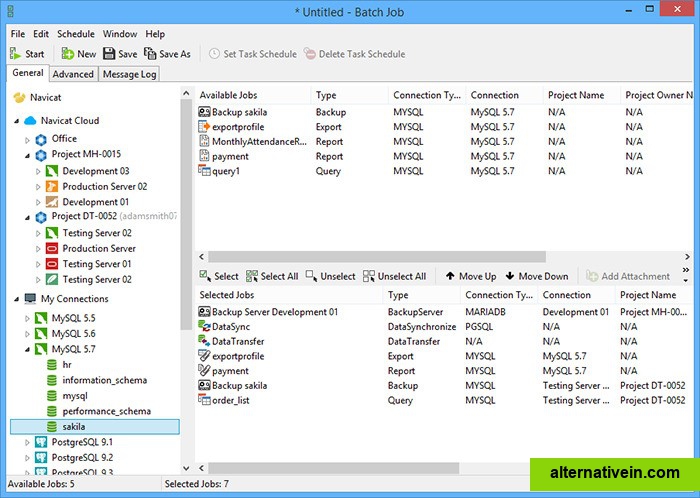
Restart the services and you should be set. Enter 3306 in the Source Port field, and 127.0.0.
#MYSQL WORKBENCH CANNOT START SSH TUNNEL MANAGER INSTALL#
I guess MySQL Workbench has builtin ssh-client and it is not necesary to install a program like putty.

I didn't check TCP over SSH method as I don't have an apropiate server. where KEY-FILE is the name of the key you. You can try logging into your bastion host with the following command: ssh -i KEY-FILE.pem usernameINSTANCE-ID. We are now ready to start a Session Manager connection with SSH. The same problem occurs changing the Connection method to Local socket/pipe. This allows running a proxy command that starts a Session Manager session and transfers all data through the connection. Hi Trying to connect to mysql remotely via SSH tunnel and stuck with the connection problem. I've looked into having my local docker attempt to use the host IP, expose_hosts for docker-compose, all sorts. Go to the /etc/ssh/sshdconfig file on the server end and look for a line 'Permit Root Login' and set to yes. Perform the following steps to create an SSH tunnel to the MySQL server with PuTTY: Launch Putty and enter the IP Address of the server in the Host name (or IP address) field: Under the Connection menu, expand SSH and select Tunnels. 'Cannot start SSH tunnel manager' It is not normal because I am trying to estabilish the connection without ssh tunneling. To connect using SSH, configure your firewall and/or other access control systems to allow incoming connections from your SSH tunnel servers IP address to your. MySQL Workbench can access it on 10000 like normal so the tunnel is doing it's job.īasically my objective here is to allow an application on my localhost access the remote database, but not open up remote to effectively bind 0.0.0.0, as that is woefully insecure, and I understand that the best way to access MySQL is via tunnels directly to the box over SSH. I've got Putty set up to tunnel port 3306 on remote to port 10000 on local. I've also tried changing IPTables to ignore all outside communication on port 3306 but for some reason it's still open. You may ask "Well why don't you just SSH Tunnel in?" Well that is a solution sure for connecting to the docker instance on the remote directly, however, I'm not able to allow my local docker containers to use that tunneled port, specifically a PHP 7.1 container. However, this only means that it's available to the local host, and it cannot be used by any other interface. I've recently discovered that in the docker-compose.yml file you can specify on the ports section the following:

What I'm attempting to do is have MySQL discoverable by all docker instances and localhost on a remote server, but block MySQL from outside communication except a specific IP address (my home IP), or via a SSH tunnel.


 0 kommentar(er)
0 kommentar(er)
